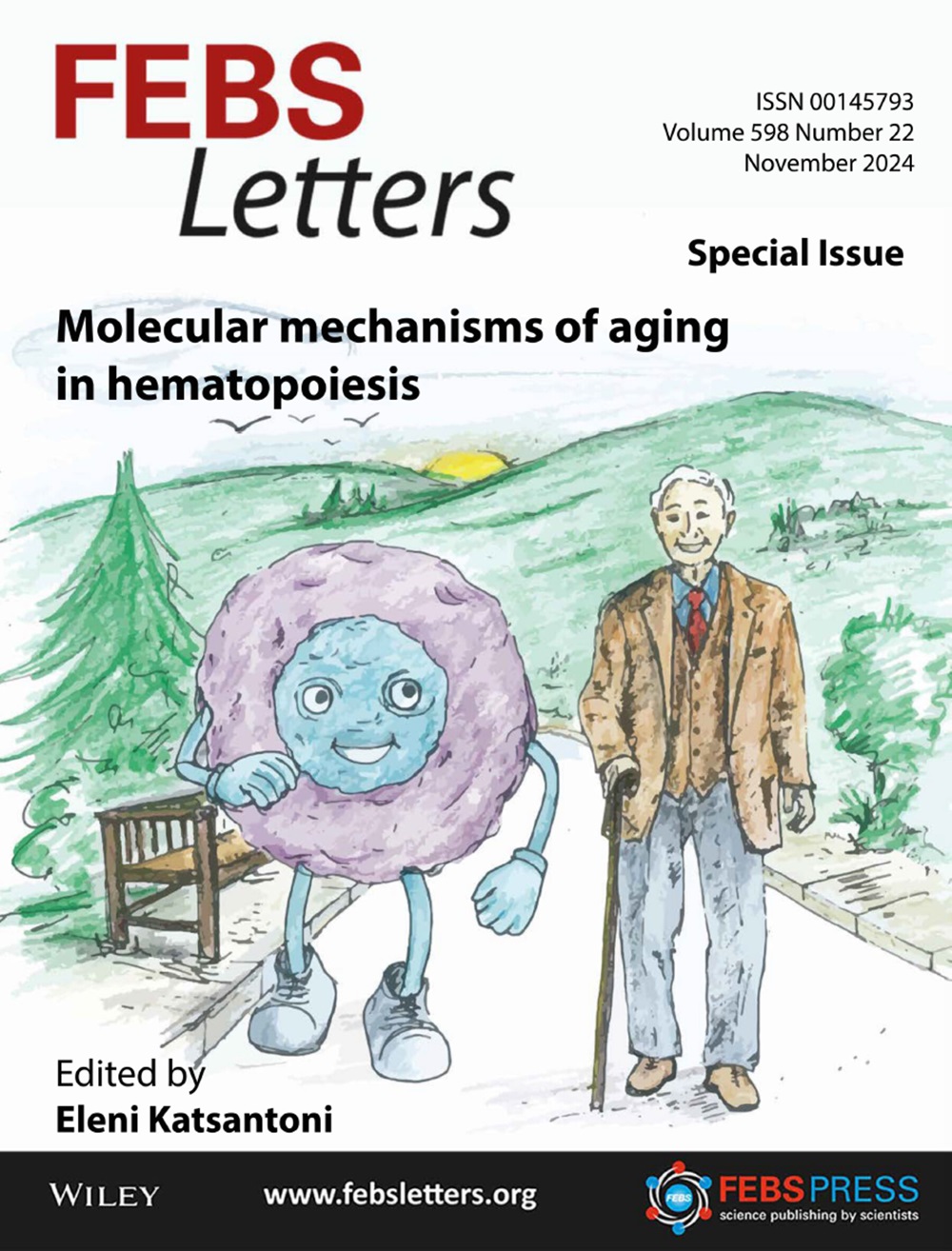利用目前对产生 IL-10 的树突状细胞的了解,开发有效的免疫治疗方法
IF 3.5
4区 生物学
Q1 Biochemistry, Genetics and Molecular Biology
引用次数: 0
摘要
树突状细胞(DC)是专业的抗原递呈细胞,参与促进和控制免疫反应。树突状细胞的不同亚群被命名为耐受性树突状细胞,它们在维持组织稳态和促进耐受性方面发挥着关键作用。这些独特的能力使得耐受性直流细胞对旨在重建/诱导免疫介导条件下的耐受性的策略特别有吸引力。从外周血单核细胞体外生成强效 TolDC 的工作取得了显著进展。TolDC通过支持调节性T细胞(Tregs)和抑制效应性/致病性T细胞来调节T细胞的动态。在体外生成 TolDC 的几种方法中,IL-10 调节被证明是最有效的方法,因为经 IL-10 调节的 TolDC 被证明能促进具有最强抑制活性的 Tregs。对tlDC分子、代谢和功能特征的研究发现了促进其免疫调节功能的重要途径。本综述概述了目前有关 tolDC 在健康和疾病中的作用的知识,重点是 IL-10 的产生、体外产生的 tolDC 的功能特征、耐受剂诱导的 tolDC 发生的分子和代谢变化、基于 tolDC 的疗法的临床应用,以及最后产生有效 tolDC 的新视角。本文章由计算机程序翻译,如有差异,请以英文原文为准。
Leveraging current insights on IL‐10‐producing dendritic cells for developing effective immunotherapeutic approaches
Dendritic cells (DC) are professional antigen‐presenting cells involved in promoting and controlling immune responses. Different subsets of DC, named tolerogenic (tol)DC, play a critical role in the maintenance of tissue homeostasis and in fostering tolerance. These unique skills make tolDC especially attractive for strategies aimed at re‐establishing/inducing tolerance in immune‐mediated conditions. The generation of potent tolDC in vitro from peripheral blood monocytes has seen remarkable advancements. TolDC modulate T cell dynamics by favoring regulatory T cells (Tregs) and curbing effector/pathogenic T cells. Among the several methods developed for in vitro tolDC generation, IL‐10 conditioning has been proven to be the most efficient, as IL‐10‐modulated tolDC were demonstrated to promote Tregs with the strongest suppressive activities. Investigating the molecular, metabolic, and functional profiles of tolDC uncovers essential pathways that facilitate their immunoregulatory functions. This Review provides an overview of current knowledge on the role of tolDC in health and disease, focusing on IL‐10 production, functional characterization of in vitro generated tolDC, molecular and metabolic changes occurring in tolDC induced by tolerogenic agents, clinical applications of tolDC‐based therapy, and finally new perspectives in the generation of effective tolDC.
求助全文
通过发布文献求助,成功后即可免费获取论文全文。
去求助
来源期刊

FEBS Letters
生物-生化与分子生物学
CiteScore
7.00
自引率
2.90%
发文量
303
审稿时长
1.0 months
期刊介绍:
FEBS Letters is one of the world''s leading journals in molecular biology and is renowned both for its quality of content and speed of production. Bringing together the most important developments in the molecular biosciences, FEBS Letters provides an international forum for Minireviews, Research Letters and Hypotheses that merit urgent publication.
 求助内容:
求助内容: 应助结果提醒方式:
应助结果提醒方式:


